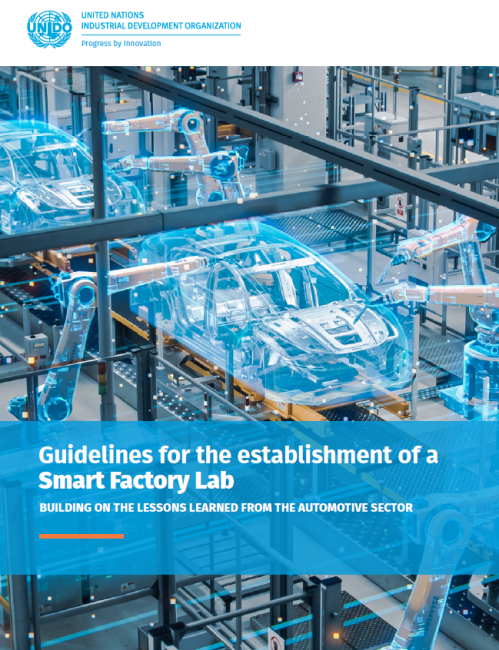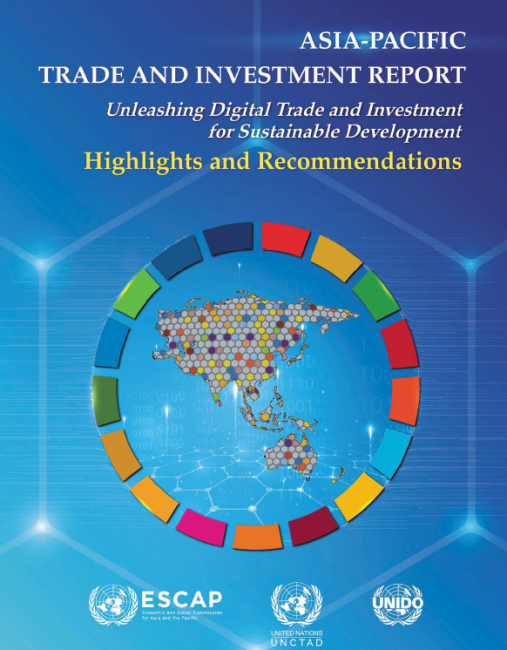Innovation
The digital transformation has fundamentally reshaped the way we work and live and brought major changes to the way industry functions. Timely and harmonized standards play a pivotal role in steering this transformation, complementing regulations and contributing to digital transformation governance.
Standards can facilitate the ongoing digitalization of industry by enhancing productivity and efficiency, promoting compatibility and interoperability between products and processes through common language, while guaranteeing minimum levels of quality and safety. Furthermore, standards can serve as accelerators of change as they promote innovation and the uptake of new digital technologies and spread knowledge through codification. Standardization is a major tool that facilitates the wider dissemination of new technologies into industry and as a means for opening up new markets.
In this regard, ISO 56002:2019 Innovation Management System – Guidance standard serves as a pivotal tool for designing, implementing, maintaining and continuously improving an innovation management system. The United Nations 2030 Agenda for Sustainable Development recognizes the importance of innovation, particularly in Sustainable Development Goal 9, emphasizing the interconnectedness of industry, innovation and infrastructure. Industry serves as a crucial source of innovation, providing technological solutions for environmentally sound development. For developing countries, harnessing innovation can facilitate their transition to the digital economy, making innovation integral to a country’s economic transformation.
The digital transformation has also prompted quality infrastructure (QI) to adapt to ensure the realization of its transformational benefits. The advent of “advanced digital technologies” has created new opportunities for QI and its organizations. Likewise, QI needs within this new digital era are re-defining the notion of “quality”, leading to “Smart Quality Infrastructure” (Smart QI) which includes smart metrology, smart conformity assessment, smart standardization and smart accreditation. This reflects a shift in how QI components operate and provide services in the digital landscape.
Training: Innovation

E-Commerce
This training course has been designed to provide a strong foundation on the basics of e-commerce, which aims to promote increased e-commerce adoption among SMEs.

Managing Innovation
This training aims to support innovation activities within organizations, particularly small and medium-sized enterprises.

Industry 4.0
The accelerated and widespread expansion of digital technologies across business and society has resulted in the emergence of the Fourth Industrial Revolution (4IR), also known as Industry 4.0. This training course has been designed to provide a strong foundation on the basics of Industry 4.0 and the 4IR.

Application of Advanced Technologies and New Business Models in the Biopharma and Medical Sectors
This training course is intended to provide a solid foundation on the biopharma and medical industries within the context of the 4IR. The online training comprises four modules and intends to highlight the 4IR implications for developing countries, particularly least developed countries, outline related challenges, and elaborate on how to capitalize on the potential that 4IR technologies present in these industries.




